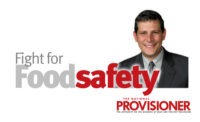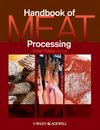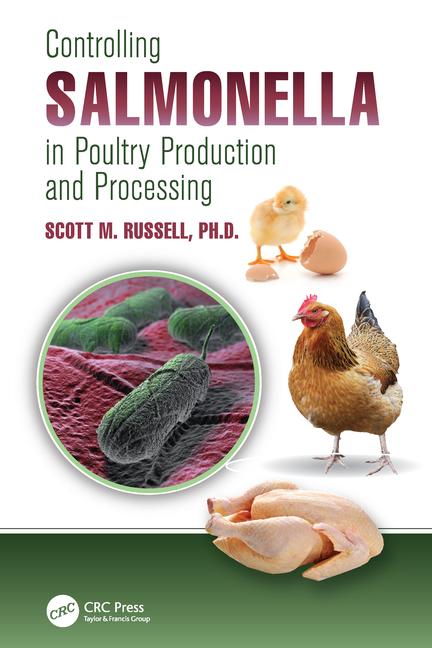The roles of the USDA and FDA are critical in maintaining the safety and quality of the nation's food supply. These agencies ensure that all food products distributed into interstate commerce meet stringent, time-tested regulatory standards, protecting public health and fostering consumer confidence. Notably, food safety professionals, many of whom have accumulated years of specialized knowledge and skills, would be exceptionally well-suited to serve as USDA and FDA inspectors.
So, it then begs the question. However likely, or unlikely, in the event you were to decide to become a federal food safety inspector, what kind of inspector would you become? Would you be a kind and generous inspector? Or, a strict and firm inspector? Would you be known as Ms. Reverend Regulation, or Mr. Checklist Charlie? Well, let’s find out.
Reverend regulation
Reverand Regulation is the Knight Templar of the regulatory gospel. The good reverend can cite every applicable provision of the relevant Code of Federal Regulations chapter and verse. Even the most minor of deviations will be regarded as tantamount to the commission of a mortal sin. Indeed, no violation is too minor for the Reverend’s righteous crusade. Beware CFR sinners, the Reverend will not hesitate to rain fire and brimstone down upon thy hairnet!
Checklist Charlie
Rumor has it, Charlie was born with a clipboard attached to his wrist instead of a hand. That is not a copy of the L.A. White Pages; it’s Charlie’s checklist, a meticulously organized opus that makes “War and Peace” look like a comic book. Like a pilot performing a preflight check, every single entry is methodically and rigorously evaluated. Charlie doesn’t just fill out checklists; he conducts them as if leading the New York Philharmonic. Charlie does not abide any instruments being out of tune.
Captain Compliance
Captain Compliance knows he is a superhero in the battle against food safety villains, even if you don’t. Armed with the full authority of the US government, Captain Compliance enters the facility ready to do battle with anyone or anything that gets in his way. With a stern and unflinching gaze, he challenges everyone from reception to the C-Suite. For Captain Compliance, every inspection is an epic showdown between order and chaos and, by God, the Captain will emerge victorious, ensuring that every establishment in their jurisdiction meets the gold standard of food safety.
Collaborative Casey
Casey prefers to maintain a collaborative approach without the heavy-handed antics some others prefer. With a laid-back approach, Casey prefers to focus on the bigger picture, offering advice rather than reprimands. Casey believes that fostering good relationships is key to compliance and that a stress-free environment encourages better practices in the long run. If there’s a slightly frayed edge on a food label or a barely noticeable scuff on the floor, you can count on Casey to give a knowing nod, rather than a citation. For her, it’s about guiding rather than enforcing, and creating a positive atmosphere where food safety feels more like a collaborative effort than a punitive exercise.
Friendly Frank
Frank is everyone’s favorite inspector. Frank doesn’t just point out deviations; he provides possible solutions. Inspections with Frank can feel like a casual chat with a guy who happens to know a lot about HACCP plans and GMPs. Frank starts conversations with, “How can we make this process even better?” rather than “What’s wrong here?” This cooperative spirit transforms the inspection process into a two-way dialogue where everyone feels heard and valued. For Frank, the goal is a safer food supply achieved through cooperation and education, not fear and fines.
So, if that fateful day arrives, and you elect to change careers and put on the hat of a USDA or FDA inspector, what type of inspector would you be? And, how easy -- or hard -- would you be on yourself?








